UN experts ask Israel to stop using water as a weapon of war in Gaza
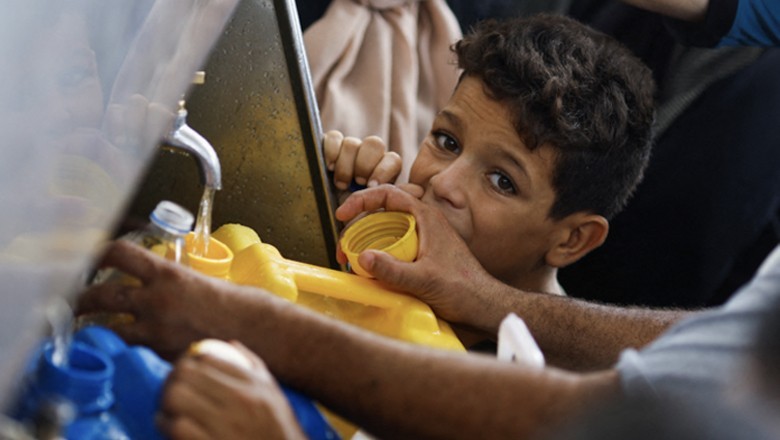
Web Desk
|
17 Sep 2024
The humanitarian crisis in Gaza is worsening daily as overcrowded shelters, a dire lack of clean water, and the looming threat of disease compound the suffering of millions, the United Nations Relief and Works Agency (UNRWA) warned.
The enclave continues to be battered by relentless Israeli airstrikes, creating unsanitary conditions and leaving the population increasingly vulnerable.
In its latest alert, UNRWA expressed concern over the deteriorating hygiene conditions in Gaza. After more than 11 months of Israeli military operations, many shelters have become breeding grounds for insects and rodents. Families are left without access to basic hygiene supplies, exposing them to communicable diseases such as diarrhea, respiratory infections, scabies, and skin infections.
The ongoing blockade has severely restricted access to hygiene essentials. According to the UN World Health Organization (WHO), a simple 75-gram bar of soap now costs $10 in Gaza, and essential items like shampoo, detergent, and washing-up liquid have disappeared from store shelves. WHO emphasized that this shortage disproportionately affects vulnerable groups, including children, pregnant women, and those with compromised immune systems.
In addition to this, UN human rights experts have raised alarms over the weaponization of water against Gaza's 2.3 million residents. Pedro Arrojo-Agudo, Special Rapporteur on the human right to safe drinking water and sanitation, underscored the gravity of the situation: “Water is the most basic need we have...but in Gaza, if its drinkability is not ensured, it becomes a deadly vector of disease.” He reported that Gaza’s population is surviving on an average of only 4.7 liters of water per person per day—far below the 15-liter minimum recommended by the WHO during emergencies.
Gaza’s only natural water source, a coastal aquifer, is under immense strain. The population has been forced to extract three times more water than the aquifer can naturally replenish, leading to widespread seawater pollution. Compounding this, Israel’s blockade has prevented 70% of the materials needed to build and operate sewage treatment facilities from entering Gaza. This obstruction has resulted in the progressive contamination of groundwater by untreated sewage.
Meanwhile, human rights organizations in Gaza are also under siege. Special Rapporteur Mary Lawlor and other UN experts highlighted the dangers faced by civil society activists. The Palestinian Human Rights Centre, Gaza’s oldest human rights organization, has lost several staff members in recent Israeli airstrikes, and its offices have been reduced to rubble.
In a statement, Ms. Lawlor mourned the loss of two women lawyers from the Palestinian NGO—Nour Abu al-Nour, who was killed along with her young daughter and family in Rafah, and Dana Yaghi, who perished with 37 relatives in Deir el-Balah. “It’s a terrible tragedy that justice for these women and their families seems so far away,” she said, noting that those who have fought for human rights and justice are now becoming victims themselves.


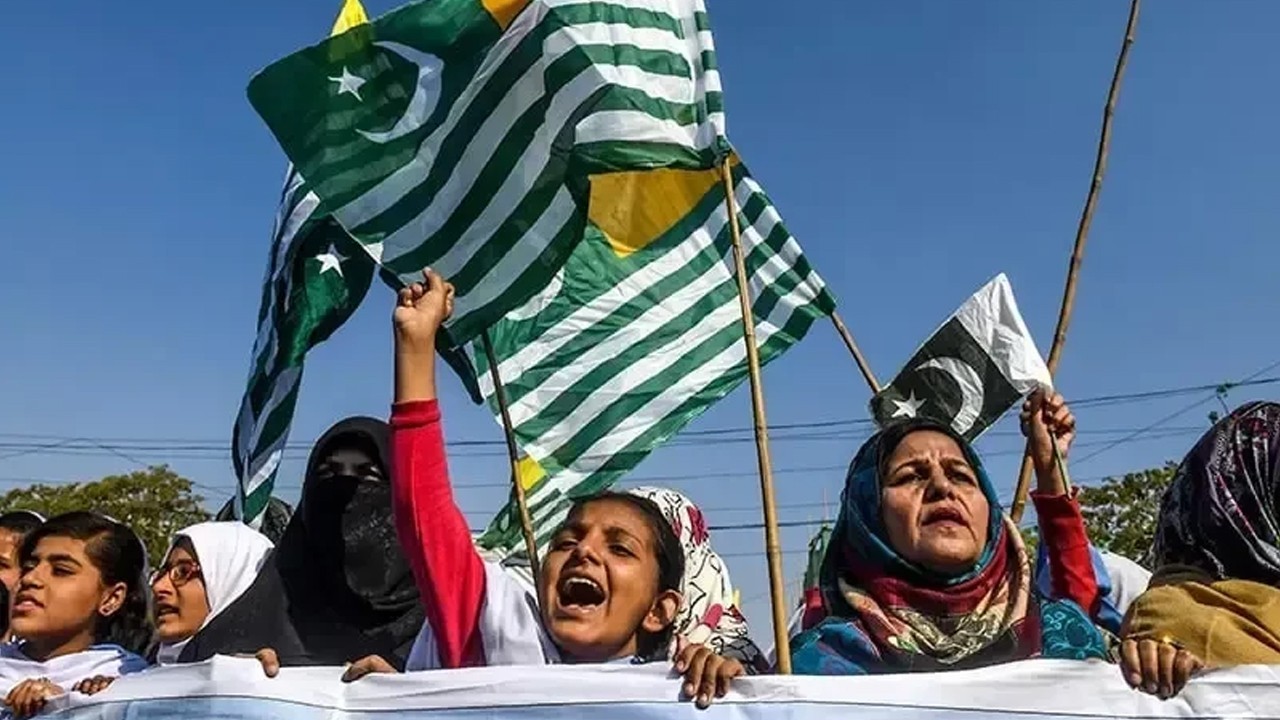

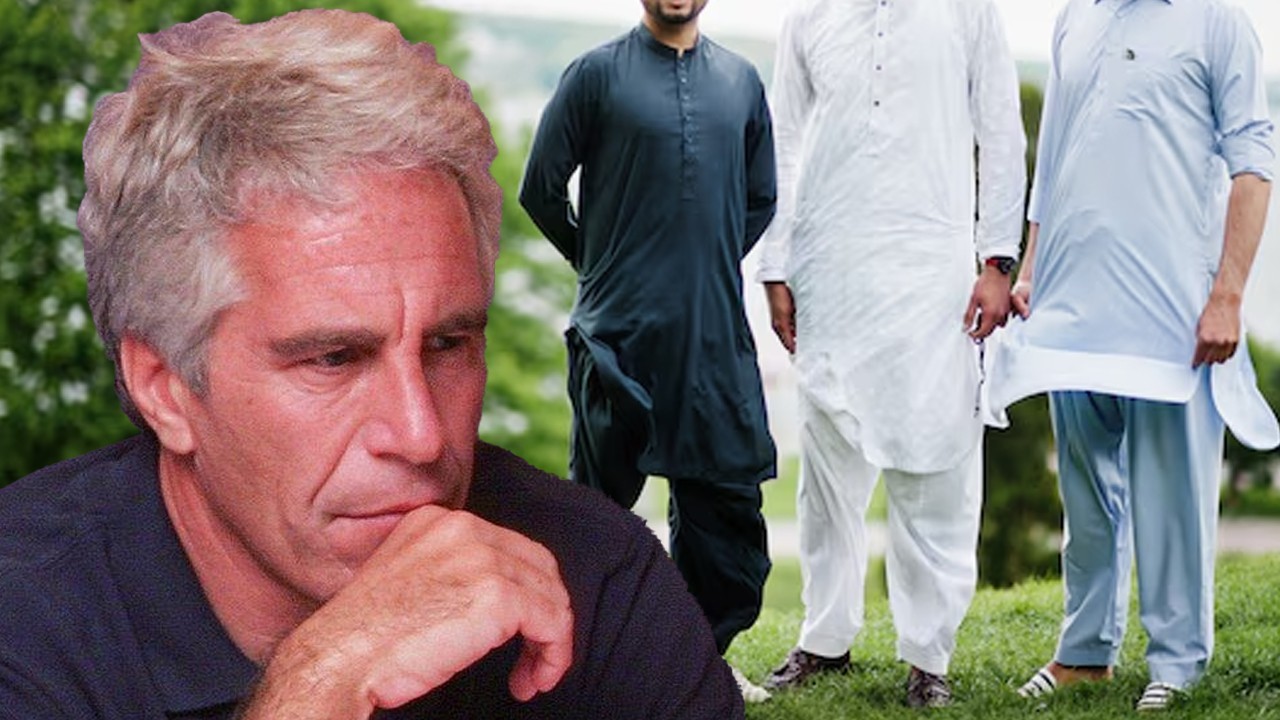

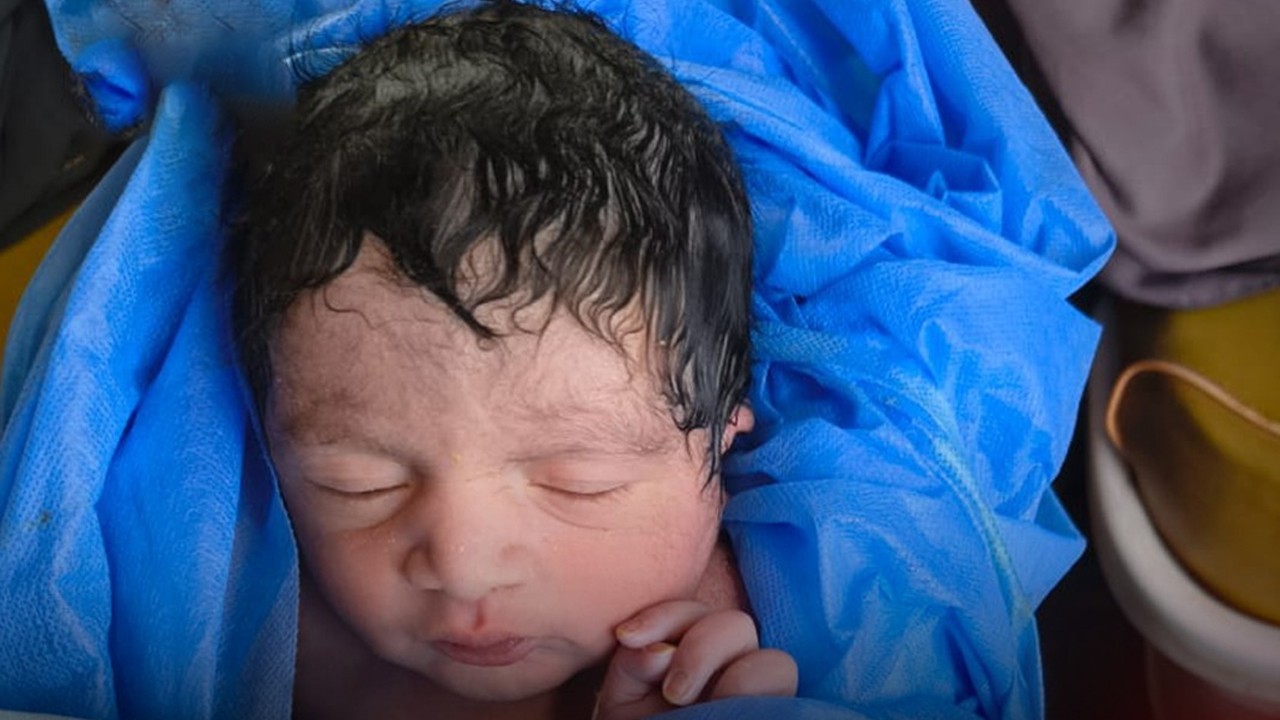


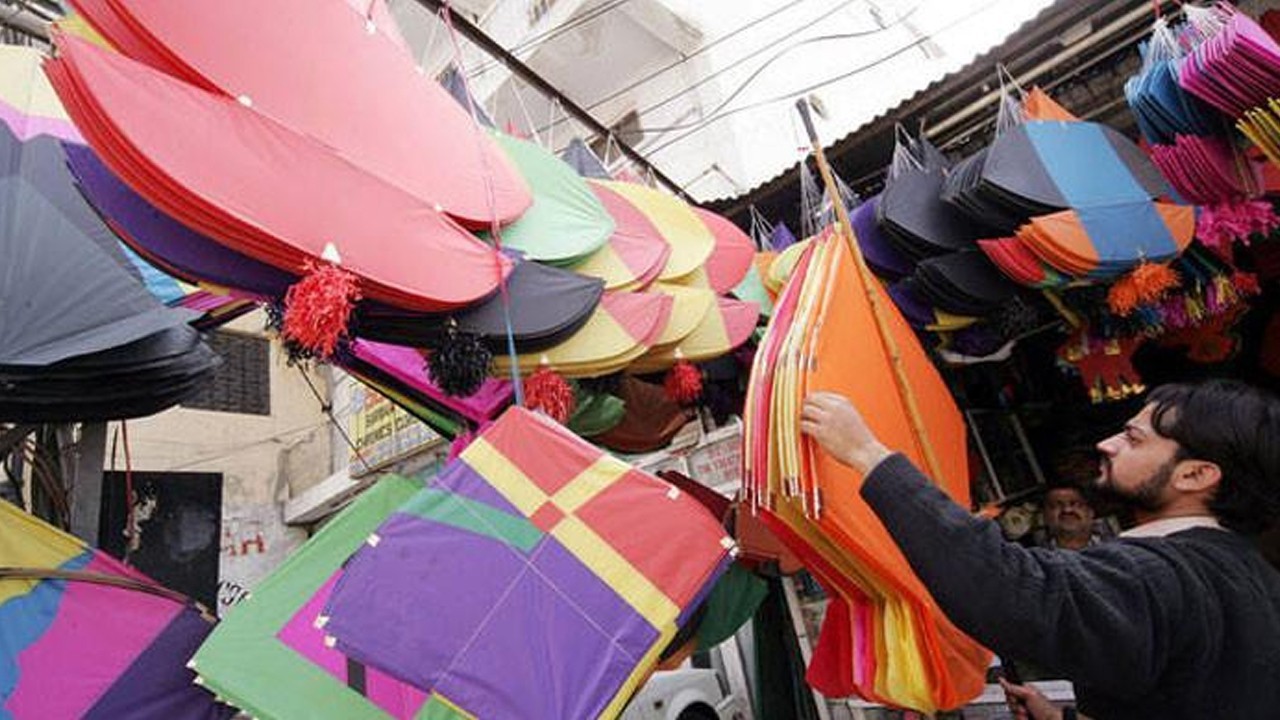
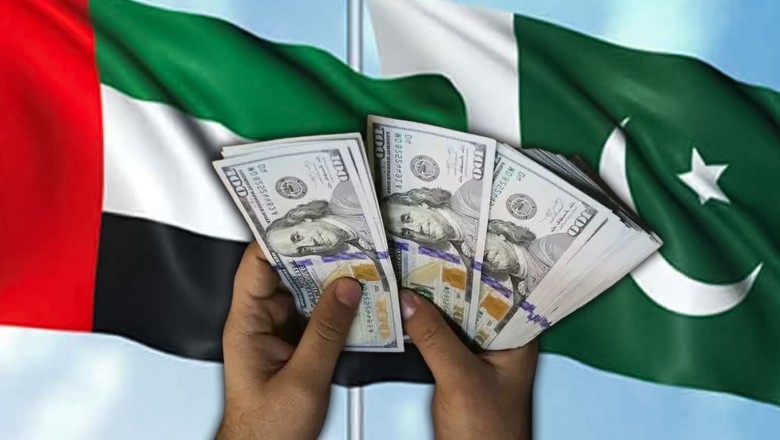
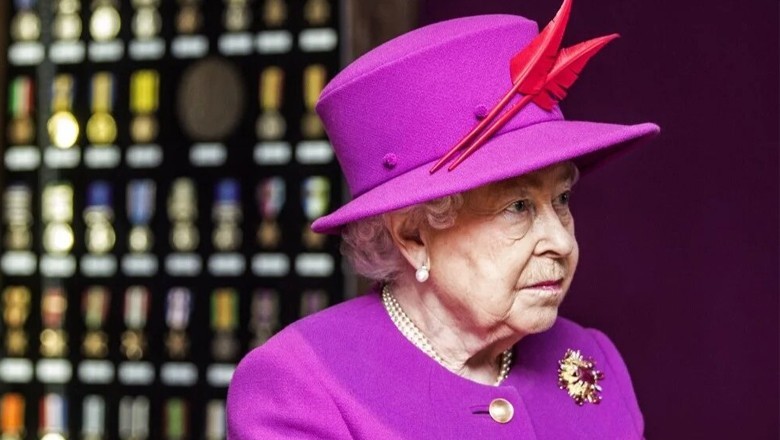
Comments
0 comment